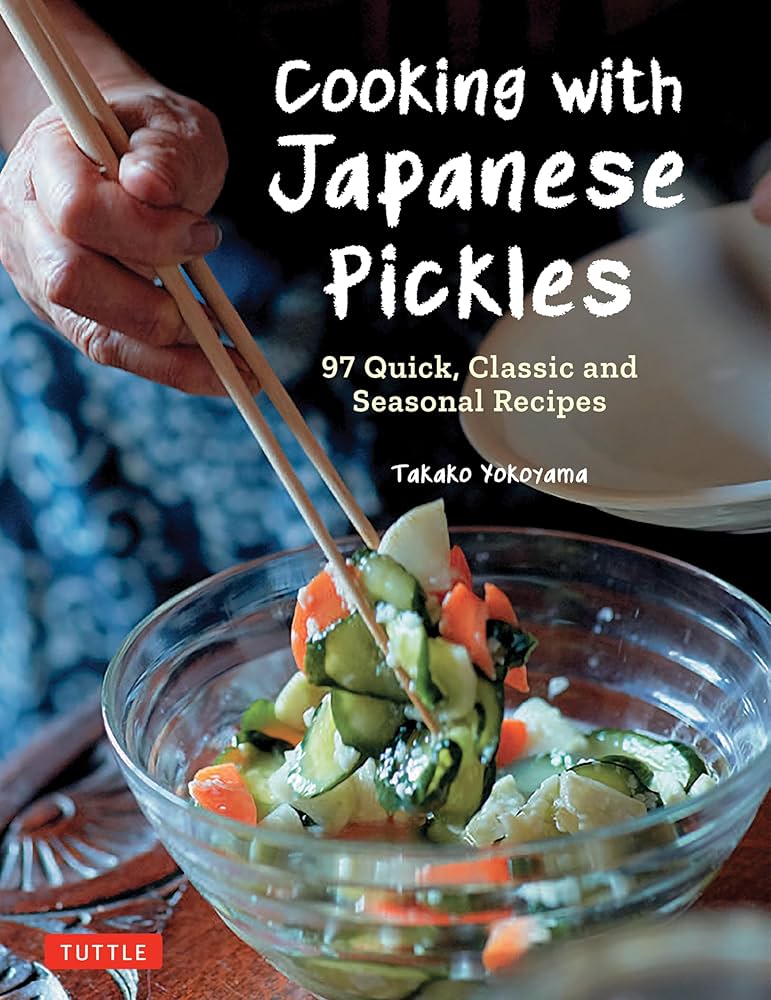Celebrating Pickling Culture: A Community Tradition at the Pickle-Off
The vibrant community spirit was alive and buzzing as the annual Pickle-Off kicked off at the Four Sisters Farmers Market in Minneapolis. This event, now a staple in the urban Indigenous community, has become a delightful tradition that not only highlights culinary craftsmanship but also champions food sovereignty.
 Food sovereignty in action: Urban Indigenous communities connect through pickling.
Food sovereignty in action: Urban Indigenous communities connect through pickling.
A Heritage Preserved Through Pickling
The history of the Pickle-Off traces back to a friendly rivalry between a few urban farmers, illustrating how local culinary arts can unite a community. Organizer Cassie Holmes, a member of the Lac Courte Oreilles Lake Superior Band of Ojibwe, had the vision to create this festival as a creative space for preserving food while fostering community ties. As she stated, “It’s a way to keep a lot of these traditions going.” This sentiment echoes loudly through the various entries and the enthusiastic participation from community members.
The Journey of a Pickler
This year’s competition featured a variety of entries categorized into “Dill” and “Special” sections, captivating judges and attendees alike. Each jar of pickles was not just a condiment; it represented individual stories, traditions, and adaptive strategies for modern urban living. As each judge sampled pickles deemed “kind of a big dill,” stories of perseverance and creativity emerged, highlighting local traditions in a contemporary context.
“The contest encourages people to rebuild their connection with gardening. It’s really a full, holistic approach to food sovereignty,” remarked Jason Garcia, a judge and advocate for local Indigenous food networks.
Honoring the Art of Canning
Among the competitors were Tyra Payer and Paige Hietpas, owners of the canning business ‘CanIHaveSome’. Their pun-filled business name reflects their passion for canning and its significance in maintaining cultural heritage. They entered their creations, showcasing flavors that celebrate their roots.
 Talented artisans display their pickling skills at the competitive event.
Talented artisans display their pickling skills at the competitive event.
The Flavors of Success
The atmosphere at the Pickle-Off was electrifying as participants awaited the judging outcome. Among the entries, Destiny Jones claimed the coveted “Best Pickle” trophy this year with her unique “Spicy Dill” recipe, which utilized fresh herbs and a blend of spices. “I use a lot of fresh herbs… so that includes dill, garlic, and fresh peppers,” she explained, attributing her win to the flavorful ingredients that embodied her culinary tradition.
Another notable mention was Dr. Angie Erdrich, a pediatrician and Turtle Mountain Ojibwe citizen, who took home the award for her exceptional bread and butter pickles. Her preparation begins in her own garden where she cultivates cucumbers with a technique that enables them to grow vertically, a brilliant strategy for urban gardening.
Cultivating Community Through Food
This festival is more than a competition; it reflects the rich tapestry of cultural heritage woven into the fabric of Minneapolis. The event serves as a reminder of the importance of local food networks and the incredible potential of urban agriculture. As described during the event, it is a step toward self-reliance and empowerment for Indigenous communities, emphasizing the right to reclaim food systems and practices that honor traditional methods.
 Community members bond over their love for pickling.
Community members bond over their love for pickling.
Conclusion: More Than Just Pickles
The Pickle-Off represents an intersection of culture, sustainability, and community resilience. In these jars of pickles lie stories of heritage, love, and dedication, encouraging future generations to cherish and promote the art of pickling. As these communities dive into the joyous labor of food preservation, they reinforce their ties to the land and each other, ensuring that the flavors of their culture remain alive for years to come.
For those interested in preserving their own food, explore the various canning methods discussed at the market this month!
 Food preservation methods spotlighted during the festival.
Food preservation methods spotlighted during the festival.
Get Involved
To learn more about urban agriculture and food sovereignty, explore resources available at programs like the Native American Community Development Institute or visit the official website of the canning business that continues to inspire others within the community.















